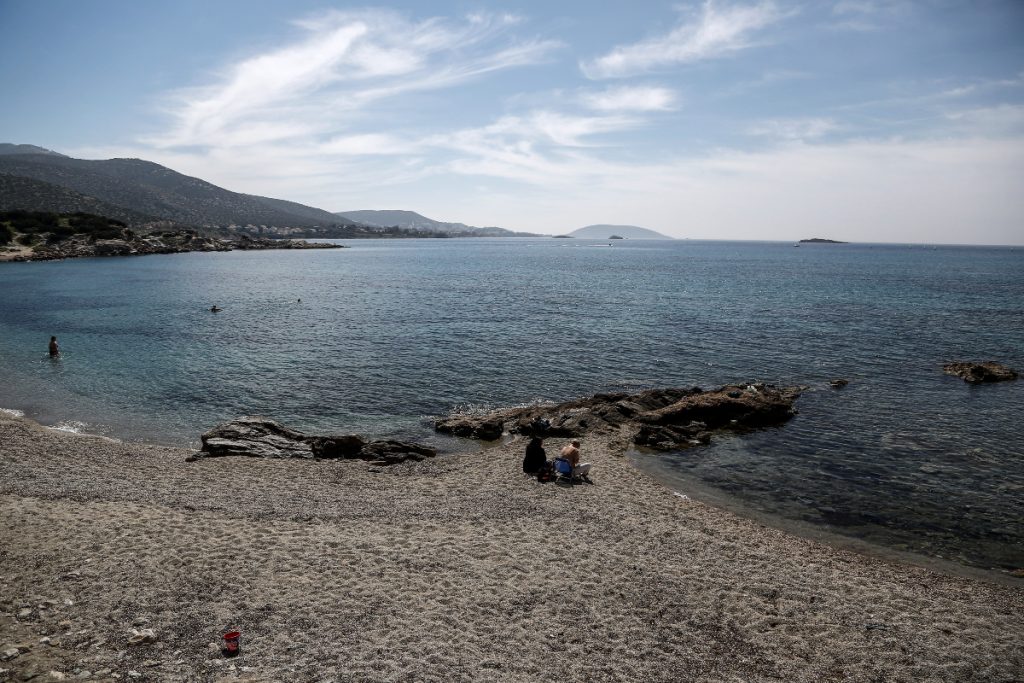In theory the combination of fiscal consolidation, structural changes and reforms is capable of changing the balances in an economy, to liberate it from limitations and burdens, reduce costs, and create new conditions for financial activity, thus revealing new opportunities, which in turn will attract funds and investments for new deals and even more jobs.
However, in multifaceted problems such as the Greek one, there are usually many other factors that prevent the theory from materializing.
There are more than enough failures, the effects of the measures and political consolidation are turning out to be harsher than expected, the people are disappointed, the political forces are being shaken and all the planning based on the aforementioned theoretical model is at risk of going off track.
At present the plans are not working out as expected, the people cannot lift the burden and the political forces are exhausted; they do not have the strength to carry on with the double effort of fiscal consolidation and reforms.
Truth be told, if our partners dogmatically insist upon the continuation of the harsh financial policy, if they do not recognize the Greek efforts and provide some relief –financial or otherwise– then the political system is destined to explode, leaving behind financial, social and political ruins.
They must not kid themselves in Brussels and the other European capitals.
If this is the result of 4+ years of efforts to save the Greek economy, then the consequences will be felt across the Old Continent, along with the never-ending waves of doubt.
The common European interests demand flexibility and a different spirit.
The punitive protestant doctrine has proven to be counter-productive and inefficient.
Europe must finally change its chance in relation to the crisis.
The debt requires a generous settlement and exiting the crisis demands resources for funding and growth.
Greece cannot endure any more delays and postponements.
TO VIMA




